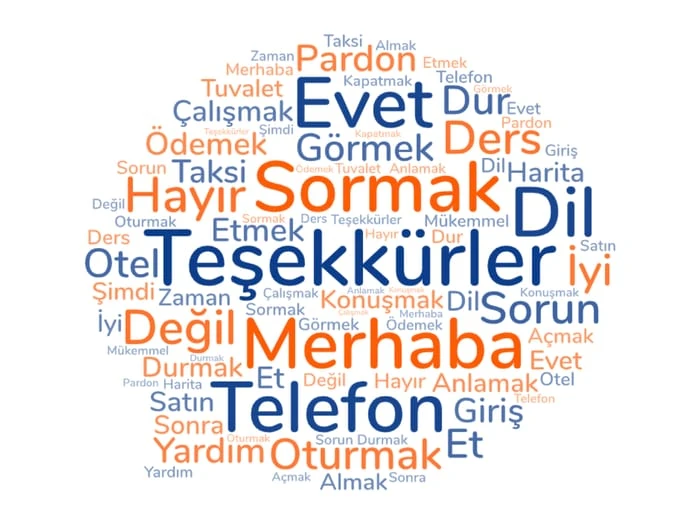Foreign Workers in the TRNC Now Required to Know Turkish
A new "Vocational Training Cooperation Protocol" has been introduced in Northern Cyprus, jointly developed by the Ministry of Labor and Social Security and the Ministry of National Education. The protocol establishes new criteria for the qualifications, skills, and experience required of foreign workers entering the TRNC. One of the key changes is that foreign workers will now be required to present an A2-level Turkish language proficiency certificate.

Originally implemented in 2019, the protocol was significantly revised this year. The updated version was officially signed yesterday by Sadık Gardiyanoğlu, the Minister of Labor and Social Security, and Nazım Çavuşoğlu, the Minister of National Education.
According to Minister Gardiyanoğlu, the revisions were made to align with current labor market conditions. He pointed out that global shifts in workforce dynamics have had a notable impact on the TRNC, particularly with the arrival of many workers from third-world countries in recent years.
Protecting Local Workforce
The protocol aims to certify foreign workers according to criteria set by the Ministry of Education. This initiative is designed to safeguard the local workforce by ensuring that foreign workers meet specific professional and language standards.
Under the new rules, foreign workers entering the country with a work permit will need to undergo additional training if they decide to extend their work permits or apply for horizontal transfers within the same profession.
Addressing Language Barriers
Minister Çavuşoğlu emphasized that efforts to certify professions and assess the equivalency of foreign workers' qualifications are ongoing. He also addressed the language challenges faced by foreign workers and their families:
"When foreign workers arrive in the country, their families often come with them, which creates language barriers in schools. From now on, when registering foreign workers, we will require them to have a Turkish language proficiency certificate. We’ve taken measures to teach the language and culture of our country to those who come here and to help integrate them into our system."
You may also be interested in:
- Livestock Breeders Report Barley Shortage and Animal Losses in Northern Cyprus
- Workplace Health Improvement Project Launched in Northern Cyprus
- Scouting Movement Exhibition Opens at Ercan Airport
- 64 Traffic Accidents Reported in Northern Cyprus This Week, 23 Injured
- Northern Cyprus Hoteliers Union Demands Withdrawal of Fiber Optic Infrastructure Bill


